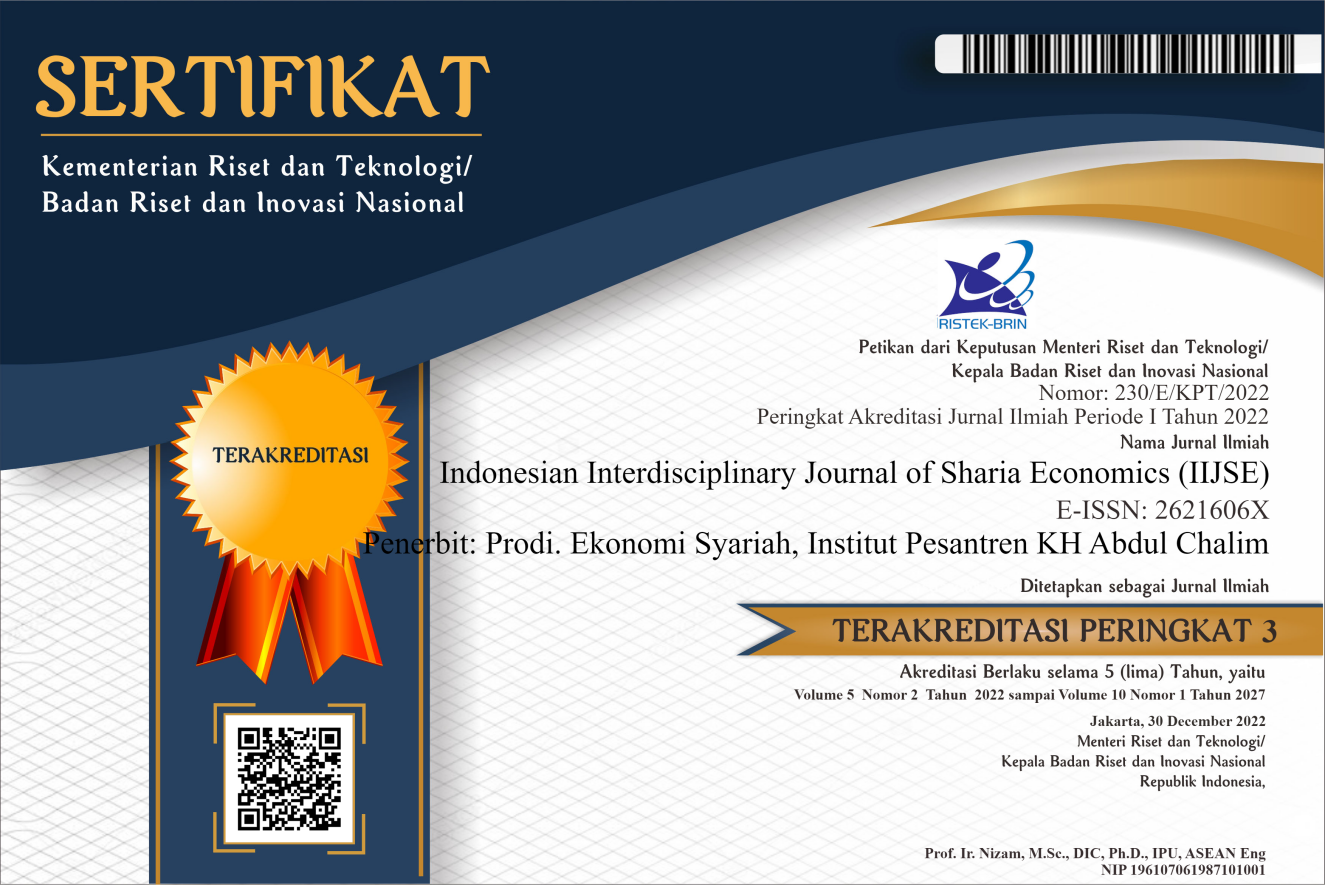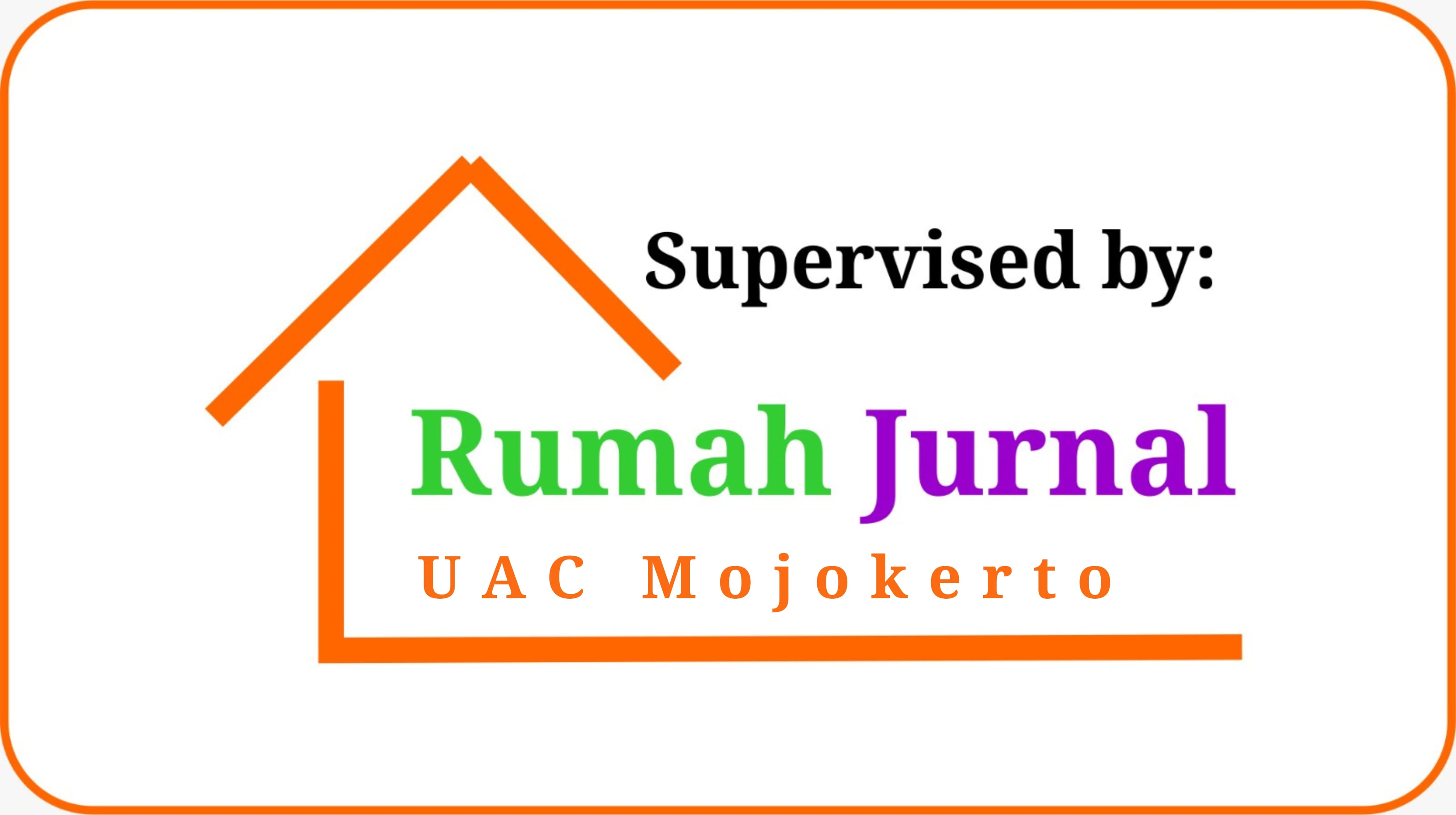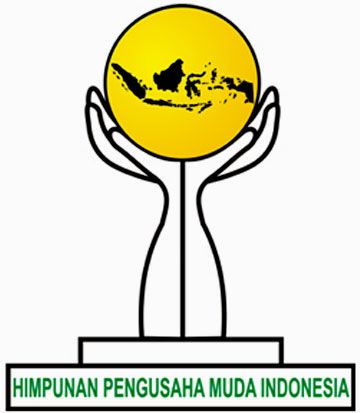The Effect of Work Life Balance and Perceived Organizational Support on Work Engagement in Female Employees of PTPN I Regional 4 Surabaya
Abstract
Women deciding to pursue a career has caused a shift in the main role of women. The increase in the number of female workers is due to the equal opportunity between women and men in obtaining higher education. However, in reality, there are many challenges that must be faced by married women when they decide to start their careers. In dealing with this phenomenon, work-life balance and organizational support are needed to increase the work engagement of female employees in the company. The purpose of this study was to determine the effect of work life balance and perceived organizational support on work engagement. The method used is a quantitative method with a population of 40 married female employees of PTPN I Regional 4 Surabaya and sampling techniques using saturated samples, namely samples taken to represent the entire population. Data were obtained through a questionnaire which was compiled based on indicators of each research variable and then analyzed using SmartPLS software. The results of the study showed the influence of work life balance and perceived organizational support on work engagement.
Downloads
References
Aldabbas, H., Pinnington, A., & Lahrech, A. (2023). The Influence of Perceived Organizational Support on Employee Creativity: The Mediating Role of Work Engagement. Current Psychology, 42(8), 6501–6515. https://doi.org/10.1007/s12144-021-01992-1
Amanda, H., & Drahen Soeling, P. (2021). The Influence of Organizational Culture and Perceived Organizational Support on Employee Engagement with Organizational Commitment as a Mediator. Jurnal Adminitrasi Publik, 19(1), 340–361.
Anggraini, M. (2017). Pengaruh Percieved Organizational Support terhadap Organizational Citizenship Behavior dengan Job Engagement dan Job Satisfaction Sebagai Varibel Mediasi (Survey Pada Pusat Pendidikan dan Pelatihan Kementerian dalam Negeri Regional Yogyakarta).
Badan Pusat Statistik. (2024, May 6). Tingkat Partisipasi Angkatan Kerja Menurut Jenis Kelamin. BPS-Statistic Indonesia. https://www.bps.go.id/id/statistics-table/2/MjIwMCMy/tingkat-partisipasi-angkatan-kerja-menurut-jenis-kelamin.html
Claudia, M. (2018). The Influence Of Perceived Organizational Support, Job Satisfaction and Organizational Commitment Toward Organizational Citizenship Behavior (A Study of The Permanent Lecturers at University of Lambung Mangkurat, Banjarmasin). Journal of Indonesian Economy and Business, 33(1), 23–45. http://journal.ugm.ac.id/jieb
Fatmawati, S., & Irbayuni, S. (2021). Effect Of Work Life Balance and Compensation on Job Satisfaction at Koperasi Setia Bhakti Wanita Surabaya. Balance: Jurnal Ekonomi, 17(1), 90–101.
Jaya, M. R., Prakoso, H., & Putra, V. S. (2020). Pengaruh Perceived Organizational Support Terhadap Work Engagement Pada Karyawan Marketing di PT. Len Industri. Prosiding Psikologi, 6, 883–888. https://doi.org/10.29313/.v6i2.24480
Kaur, R., & Randhawa, G. (2021). Supportive supervisor to curtail turnover intentions: do employee engagement and work–life balance play any role? Evidence-Based HRM, 9(3), 241–257. https://doi.org/10.1108/EBHRM-12-2019-0118
Lansart, T. A., Tewal, B., & Dotulong, L. O. H. (2019). Pengaruh Kecerdasan Emosional, Dukungan Organisasi dan Keadilan Organisasional terhadap Kinerja Pegawai di Biro Organisasi Sekretariat Daerah Pemerintah Provinsi Sulawesi Utara. EMBA, 7(4), 5593–5602.
Mariyanti, S., Lunanta, L. P., & Ratnaningtyas, A. (2023). Model Work-Life Balance Dalam Peningkatan Employee Engagement pada Perempuan Bekerja yang Menjalani Peran Ganda. Psychophedia Jurnal Psikologi Universitas Buana Perjuangan Karawang, 7.
Mauludi, M. F., & Kustini, K. (2022). Pengaruh Work Life Balance dan Lingkungan Kerja Non Fisik terhadap Loyalitas Karyawan pada Generasi Milenial. J-MAS (Jurnal Manajemen Dan Sains), 7(2), 472–476. https://doi.org/10.33087/jmas.v7i2.414
Mufarrikhah, J. L., Yuniardi, M. S., & Syakarofath, N. A. (2020). Peran Perceived Organizational Support terhadap Work Engagement Karyawan. Gadjah Mada Journal of Psychology (GamaJoP), 6(2). https://doi.org/10.22146/gamajop.56396
Nurcahyo, T. W. (2021). Reward, Perceived Organizational Support and Supervisior Support (POS), Work Life Balance Sebagai Faktor Kinerja Karyawan Melalui Employee Engagement. Jurnal Personalia, Financial, Operasional, Marketing Dan Sistem Informasi, 28(2), 14–27.
Putri, S. A. P., Zellawati, A., & Setasari, P. (2022). Employee Engagement Ditinjau dari Iklim Organisasi dan Work Life Balance sebagai Variabel Intervening. Jurnal IMAGE, 02(5), 62–77.
Rincy, V. M., & Panchanatham, N. (2010). Development of a Psychometric Instrument to Measure Work Life Balance. Continental J. Social Sciences, 3, 50–58. http://www.wiloludjournal.com
Saifullah, F. (2020). Pengaruh Work-Life Balance dan Flexible Work Arrangement Terhadap Kinerja Karyawati Muslimah Konveksi. BISNIS : Jurnal Bisnis Dan Manajemen Islam, 8(1), 29–36. https://doi.org/10.21043/bisnis.v8i1.7045
Septiani, A. E., & Frianto, A. (2023). Pengaruh Work Life Balance dan Perceived Organizational Support terhadap Employee Engagement pada BPJS Ketenagakerjaan. Jurnal Ilmu Manajemen, 11(2), 266–277.
Singh, S., & Koradia, K. (2017). Psychological Well Being and Work-Life Balance of Women Working - A co-relational study. http://www.ijser.org
Swarnalatha, C., & Prasanna, T. S. (2013). Leveraging Employee Engagement for Competitive Advantage: Hr’s Strategic Role (Vol. 2, Issue 1).
Syafitri, R. A., & Iryanti, E. (2022). Pengaruh Disiplin Kerja dan Kepuasan Kerja Melalui Work Engagement Terhadap Kinerja Karyawan Kantor Pos Cabang Utama Surabaya 60000. Management Studies and Entrepreneurship Journal, 3(5), 2620–2627. http://journal.yrpipku.com/index.php/msej
Copyright (c) 2025 Della Widya Pramudita, Sulastri Irbayuni

This work is licensed under a Creative Commons Attribution-ShareAlike 4.0 International License.
Authors who publish with this journal agree to the following terms:
- Authors retain copyright and grant the journal right of first publication with the work simultaneously licensed under a Creative Commons Attribution License that allows others to share the work with an acknowledgment of the work's authorship and initial publication in this journal.
- Authors are able to enter into separate, additional contractual arrangements for the non-exclusive distribution of the journal's published version of the work (e.g., post it to an institutional repository or publish it in a book), with an acknowledgment of its initial publication in this journal.
- Authors are permitted and encouraged to post their work online (e.g., in institutional repositories or on their website) prior to and during the submission process, as it can lead to productive exchanges, as well as earlier and greater citation of published work.


















